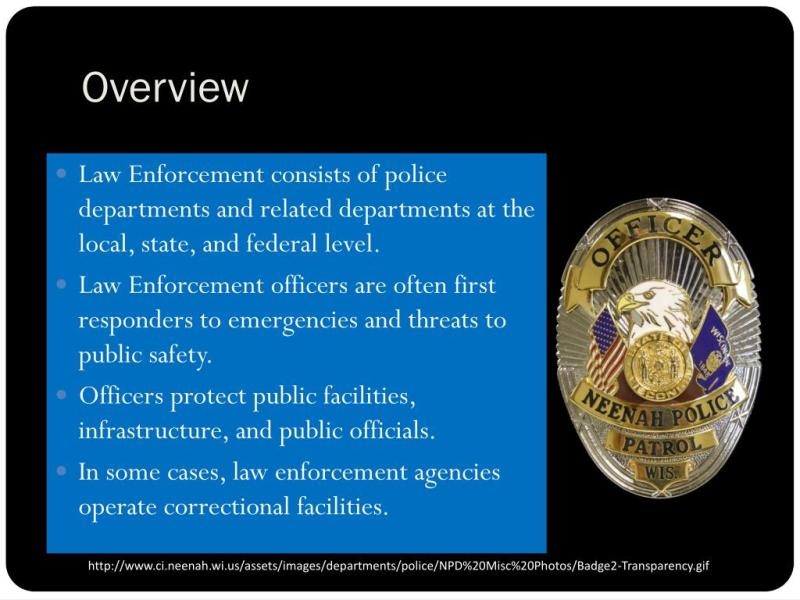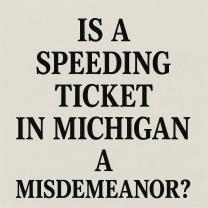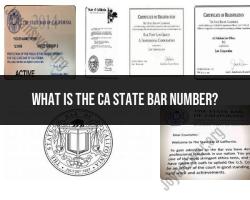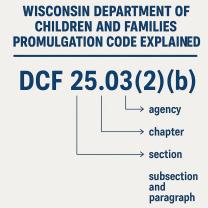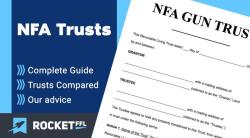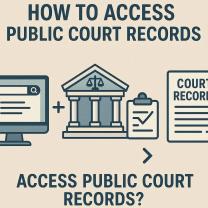What are the agencies that enforce law?
Law enforcement agencies are organizations tasked with enforcing laws, maintaining public order, and ensuring the safety and security of communities. The specific agencies vary by country and jurisdiction. Here are some notable law enforcement agencies from different regions:
United States:
Federal Bureau of Investigation (FBI): Investigates and enforces federal laws, handles counterterrorism, counterintelligence, cybercrime, and other high-profile cases.
Drug Enforcement Administration (DEA): Focuses on combating drug trafficking and enforcing drug-related laws at the federal level.
Bureau of Alcohol, Tobacco, Firearms and Explosives (ATF): Enforces federal laws related to the regulation of alcohol, tobacco, firearms, explosives, and arson.
United States Secret Service: Primarily responsible for protecting the President, Vice President, and other high-profile individuals. Also investigates financial crimes.
Department of Homeland Security (DHS): Includes agencies like Customs and Border Protection (CBP), Immigration and Customs Enforcement (ICE), and the Transportation Security Administration (TSA) to address various security concerns.
United Kingdom:
Metropolitan Police Service (Met Police): Responsible for law enforcement in Greater London.
City of London Police: Focuses on the financial district and the historic center of London.
British Transport Police: Ensures the safety and security of the railways and certain other transport systems.
National Crime Agency (NCA): Tackles serious and organized crime at a national level.
Canada:
Royal Canadian Mounted Police (RCMP): Provides federal, provincial, and municipal policing in various provinces and territories.
Ontario Provincial Police (OPP): Provincial police force responsible for law enforcement in Ontario.
Sûreté du Québec (SQ): Provincial police force in Quebec.
Australia:
Australian Federal Police (AFP): Enforces federal laws and handles national and international policing matters.
New South Wales Police Force (NSW Police): State police force for New South Wales.
Victoria Police: State police force for Victoria.
India:
Central Bureau of Investigation (CBI): Investigates and enforces laws at the national level.
State Police Forces: Each state in India has its own police force responsible for maintaining law and order within the state.
Paramilitary Forces: Agencies like the Central Reserve Police Force (CRPF) and Border Security Force (BSF) assist in law enforcement and internal security.
These are just a few examples, and many other law enforcement agencies operate globally, each with its specific jurisdiction and responsibilities. The structure and hierarchy of law enforcement agencies can vary widely depending on the legal and political frameworks of different countries.
Can you list the agencies responsible for enforcing the law?
Law enforcement agencies can be categorized by their jurisdiction and responsibilities. Here's a breakdown of the main types:
Federal Agencies:
- Department of Justice (DOJ): The DOJ oversees various federal law enforcement agencies, including the FBI (investigations), DEA (drugs), ATF (firearms), US Marshals Service (court security and fugitive apprehension), and US Secret Service (protecting President and dignitaries).
- Department of Homeland Security (DHS): DHS agencies like Customs and Border Protection (CBP) control borders and immigration, while Transportation Security Administration (TSA) secures airports, and Secret Service oversees cybersecurity.
State Agencies:
- State Police: Responsible for enforcing state laws across the state, often patrolling highways and rural areas.
- Highway Patrol: Focuses on traffic enforcement and safety on state highways.
- State investigative agencies: Handle specific crimes like drugs, organized crime, or environmental violations.
Local Agencies:
- Municipal Police Departments: Enforce city/town ordinances and state laws within their jurisdiction.
- County Sheriff's Offices: Generally have broader jurisdictional coverage within a county than municipal police, often including rural areas.
- Special Districts: Smaller agencies responsible for specific areas like school safety (school police) or parks (park rangers).
Other:
- Tribal Police: Enforce federal, state, and tribal laws on tribal lands.
- Federal regulatory agencies: Agencies like the FDA or SEC have law enforcement powers specific to their regulations.
Remember, this is a general overview, and the specific agencies and their responsibilities can vary depending on the country or region. If you have a specific jurisdiction in mind, I can provide a more detailed list of the relevant agencies.
I hope this helps! Let me know if you have any other questions.
